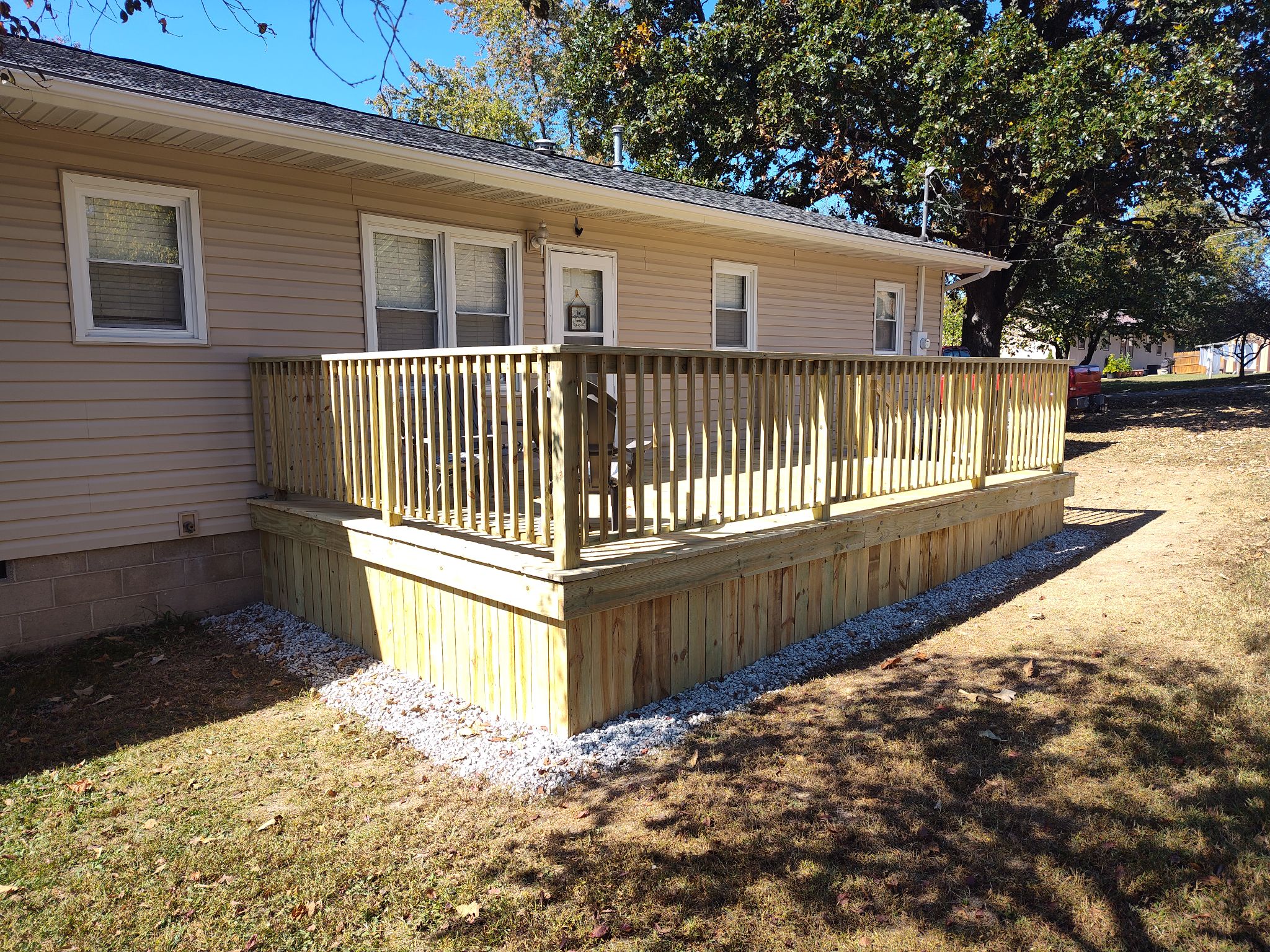
The Art of Sustainable Landscaping: Eco-Friendly Practices for Your Garden Oct 07, 2025
Sustainable landscaping begins with careful planning. It is vital to understand your garden's unique microenvironment, including soil quality, sunlight exposure, and climate. This understanding enables you to select plants that are naturally suited to your conditions, reducing the need for artificial inputs like fertilizers and excessive water usage. Native plants are an excellent choice as they are acclimatized to the local environment and provide habitats for local wildlife, promoting biodiversity.
Water conservation is a cornerstone of sustainable gardening. Implementing strategies like drip irrigation systems ensures that plants receive adequate moisture directly to the roots, minimizing evaporation and water wastage. Rainwater harvesting presents another opportunity to conserve resources. Installing rain barrels to collect runoff from gutters can provide a valuable source of irrigation water, reducing reliance on municipal supplies.
Creating a landscape that flourishes naturally involves smart plant placement. Grouping plants with similar water, soil, and light requirements reduces resource consumption. This practice, known as hydrozoning, not only minimizes water use but also enhances plant health and growth by providing optimal conditions for each group of plants.
Mulching is a simple yet effective technique to promote sustainable landscaping. A layer of organic mulch, such as wood chips or fallen leaves, can suppress weeds, retain soil moisture, and gradually enrich the soil as it breaks down. This natural fertilization process reduces the need for chemical fertilizers, which can be harmful to the environment.
Incorporating hardscapes in your garden design not only adds structure and dimension but also supports sustainability. Opt for materials with a low carbon footprint and high recyclability. For example, permeable pavers allow rainwater to soak into the ground, reducing runoff and minimizing the risk of flooding while replenishing groundwater levels.
Inviting wildlife into your garden enhances its ecological value. By providing bird feeders, bee hotels, and butterfly plants, you encourage pollinators and other beneficial species to thrive. These creatures play crucial roles in natural pest control and pollination, reducing the need for harmful pesticides.
Regular maintenance practices can also support your sustainable landscaping efforts. Choose electric or hand-powered tools over gas-powered ones to reduce emissions. Composting garden waste provides a nutrient-rich soil amendment while reducing landfill contributions.
Superior Landscaping Design believes that every garden has the potential to blend beauty with sustainability. By implementing eco-friendly practices, you not only create a stunning outdoor space but also contribute to a healthier planet. Our expert team is passionate about helping you transform your garden into an ecological haven that reflects your commitment to sustainability.
As you embark on this rewarding journey, remember that sustainable landscaping is not just a trend but a lifestyle choice that benefits your immediate environment and the global ecosystem. For personalized advice and expert services in sustainable landscape design, reach out to us today. Together, we can cultivate a greener future, one garden at a time.
/filters:no_upscale()/filters:format(webp)/media/646c09a7-c2d3-4987-b3fd-01a690248652.jpg)
/filters:no_upscale()/filters:format(webp)/media/d94e9cc2-2100-4ad7-8bc9-7cdee7bb9981.jpeg)